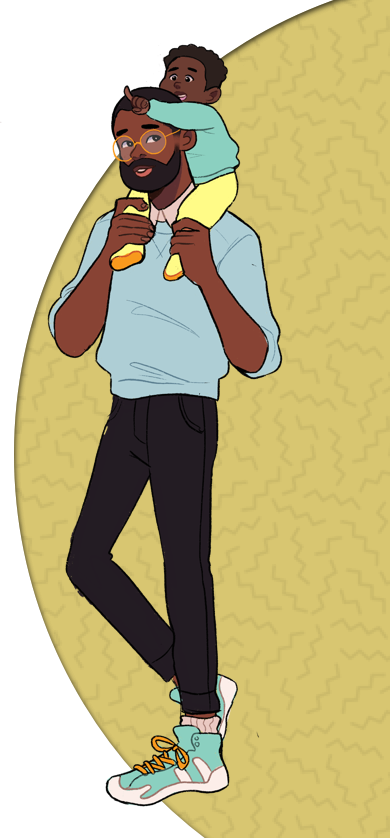
Baby Tree Mandarin Immersion Daycare and Preschool
- Contact Baby Tree Mandarin Immersion Daycare and Preschool
(415) 602-8921
Emailmybabytree@yahoo.com
License Number: 384002397
View Licensing Reports (384002397)Openings (last updated 04/28/2025)
Infants (0 to 23 months)
No Openings
Preschool (2 to 5 years)
Immediate Openings
School Age (6 years and older)
Immediate Openings
The Basics
The Basics
- Language: Chinese (Cantonese), Chinese (Mandarin), Chinese (Other), Other, English
- Schedule: Full Time, After School, Full year
- Transportation: -
- Meals: AM Snack, Breakfast, Dinner, Lunch, Child Care Food Program (CCFP)
- Special Needs Experience: Yes
- Accreditation: -
- Subsidies Accepted: Accepts Subsidized Payment
- Quality Improvement Efforts: Ages and Stages Questionnaire (ASQ), Ages and Stages Questionnaire Social Emotional (ASQ-SE), CCIP, Curriculum, Desired Results Developmental Profile (DRDP), EHS Grant Participant, FCCHEN, QIS, QRIS
- QCC Score: 5
About Baby Tree Mandarin Immersion Daycare and Preschool

Contact us or your local R&R for more information about our child care program.
Next Steps
MyChildCarePlan.org provides information about child care providers to the extent that it is made available, but does not make recommendations nor endorsements of any child care provider. MyChildCarePlan.org, the California Child Care Resource & Referral Network or affiliate R&Rs, and the California Department of Social Services are not responsible for arrangements made with child care providers for the care and supervision of children.
Log into your account
Don't have an account? Sign up
Sign up to save your own provider lists
Already have an account? Log in
Create an account with Email Address | Phone Number
